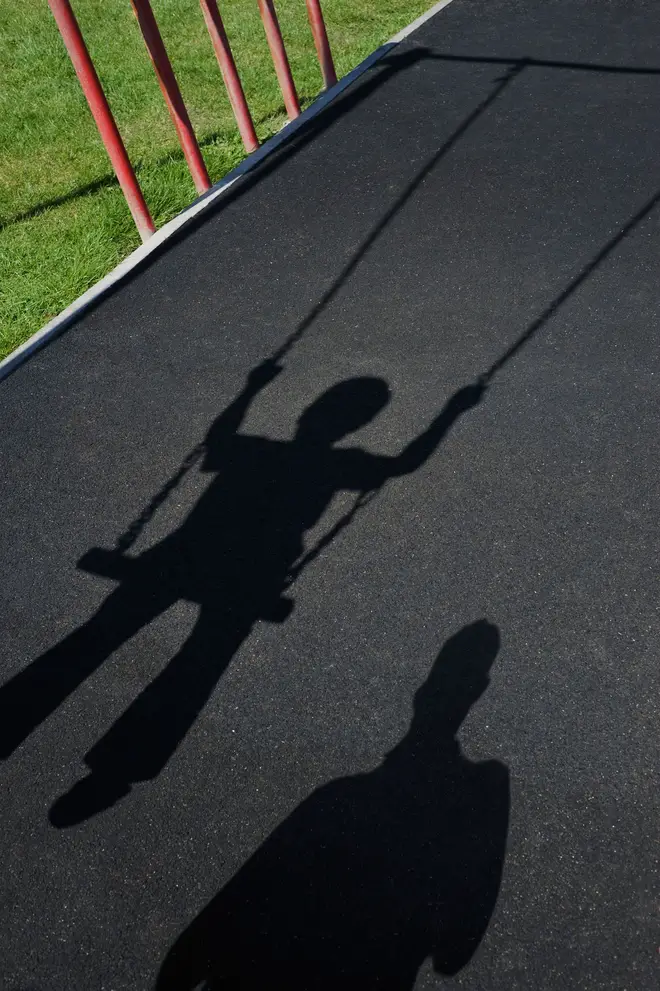
Iain Dale 10am - 1pm
1 March 2022, 13:16

A culture exists in schools which discourages the reporting of allegations of grooming and sexual abuse against staff, according to the Independent Inquiry into Child Sexual Abuse.
It found headteachers and school staff dismiss allegations or don’t take proper action when they arise, because they don’t want to damage the school’s reputation.
Some teachers are reluctant to report concerns because they fear the consequences of doing so, a report found.
The latest investigation says many of the schools examined failed to respond adequately to claims of exploitation and in some cases, a “culture which discouraged reporting”.
The Inquiry has uncovered that “too often”, headteachers find it inconceivable that staff might exploit their positions of authority and trust to abuse children.
It also found that school leaders are shockingly unaware of the guidance around reporting allegations, or did not understand their role in responding to claims of sexual abuse by staff.
It says “it was clear that some staff were more focused own protecting the reputation of the school rather than protecting the interests of children.”
The report concluded schools are not as safe as they should be, and children’s interests don’t always come first when allegations of sexual abuse are made.
Schools must become places where children can be free from the threat and fear of abuse, the report states.
The latest investigation focused on boarding schools - in particular, schools that specialise in music, as well as schools for children with learning disabilities.
Children there face heightened risks of sexual abuse.
Disabled children are three times more likely to experience sexual abuse, but there are few convictions in relation to allegations of abuse in residential special schools, largely because of difficulties in disclosing the abuse and giving evidence.
In specialist music schools, the inquiry found that the nature of teaching which is often one-to-one, involving physical contact, and the power and influence of the influential music teachers, has made children more vulnerable to being sexually abused.
At music schools in particular, the reputations of the musicians and the schools were often seen as more important than the alleged exploitation and abuse.
In one boarding school which teaches pupils aged four to eight years old, 30 separate concerns were raised about a teacher but no action was taken, and he was able to continue to abuse young girls.
In some of the schools examined, leaders had no understanding at all of the need to record and report allegations raised against staff and there were no systems in place for it. Headteachers reported being “confused” about when to report alleged abuse and unaware of where to report it to.
The inquiry said it was not possible to get an exact figure on the prevalence of child sexual abuse connected with schools or the exact number of complains or convictions relating to it, but as of September last year almost 42% of reports made to the police body overseeing historic child sexual abuse cases - Operation Hydrant - were connected with educational institutions.
The report made several recommendations including:
This is the 19th and final report from the Independent Inquiry in to Child Sexual Abuse before it publishes its final overarching report with key recommendations later this year.